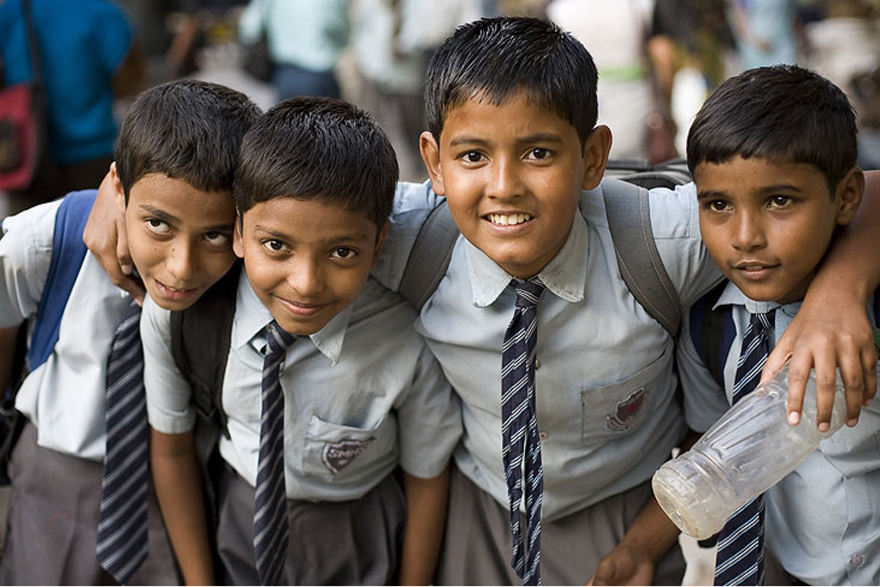The first Human Capital Index report has predicted that Indians born today will be only 44 percent productive of their full potential. The index has been released by the World Bank. It measures productivity on the basis of education and healthcare facilities received by a child. The report takes five measures- child survival, school enrollment, quality of learning, healthy growth and adult survival for calculation of Human Capital Index. India is ranked at 115th position in the report lower than its poorer neighbors Nepal, Sri Lanka, Myanmar and Bangladesh. Singapore topped the index followed by South Korea, Japan, Hong Kong and Finland. However government criticized the report for various flaws, “The Government of India has decided to ignore the HCI and will continue to undertake its path breaking programme for human capital development aiming to rapidly transforming quality and ease of life for all its children,” said the statement by ministry.
The finance ministry criticized for methodological weakness and data gaps. Utility of the report was also questioned by government and academics. The data used by the measuring agency does not take recent initiatives on health and education into account. “There are major methodological weaknesses, besides substantial data gaps. For instance, for the schooling parameter, though quantity is assessed using enrolment rates reported by UNESCO, quality is gauged using harmonized test scores from major international student achievement testing programs,” the union government said in a statement. “For India, the data for quality of education pertains to 2009 assessment by PISA, which was conducted for only two states, namely Himachal Pradesh and Tamil Nadu. The methodology for harmonization is hugely suspect, the data quite dated and, consequently, the results quite non-comparable,” the government added.
Modi government has taken many initiatives to improve human capital index. The crackdown on black money has increased direct and indirect tax collections. The tax collections in last four years have increased 10 percent of GDP to 11.5 percent. “The Samagra Shiksha Abhiyan has been launched to focus on access and quality of education for the benefit of 197 million school children,’ said the ministry. “Through the Ayushman Bharat Programme, India has now launched the world’s largest Health Insurance initiative providing 500 million citizens with adequate health coverage, and transforming 150,000 Health Centers into Wellness Centers to provide comprehensive primary healthcare services.
The utility of the report is also highly questionable. Most of the Communist states like USSR, China and Cuba have universal education and healthcare for long period of time but their productivity varies a lot. Most of these states are less productive than capitalist states which spent less on education and healthcare. For example United States did not have universal healthcare until a decade ago while Communist states like Cuba and USSR had it for long but per capita productivity in United States is many times higher than that of these communist states. Therefore, measuring productivity on just healthcare and education is unnecessary generalization to prove a point. The report by World Bank could be an eye-opener for the government to increase investment in healthcare and education and the Modi government has already brought many schemes for that. But to link this data to productivity is ignorance of critical examination in policymaking or report preparation.
